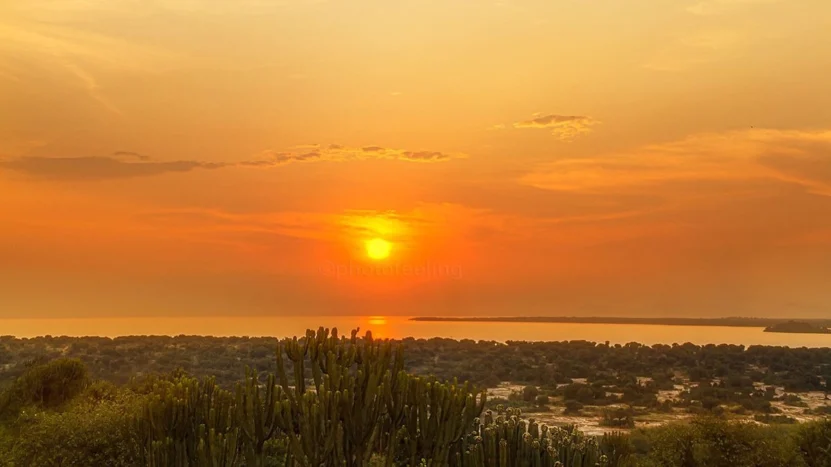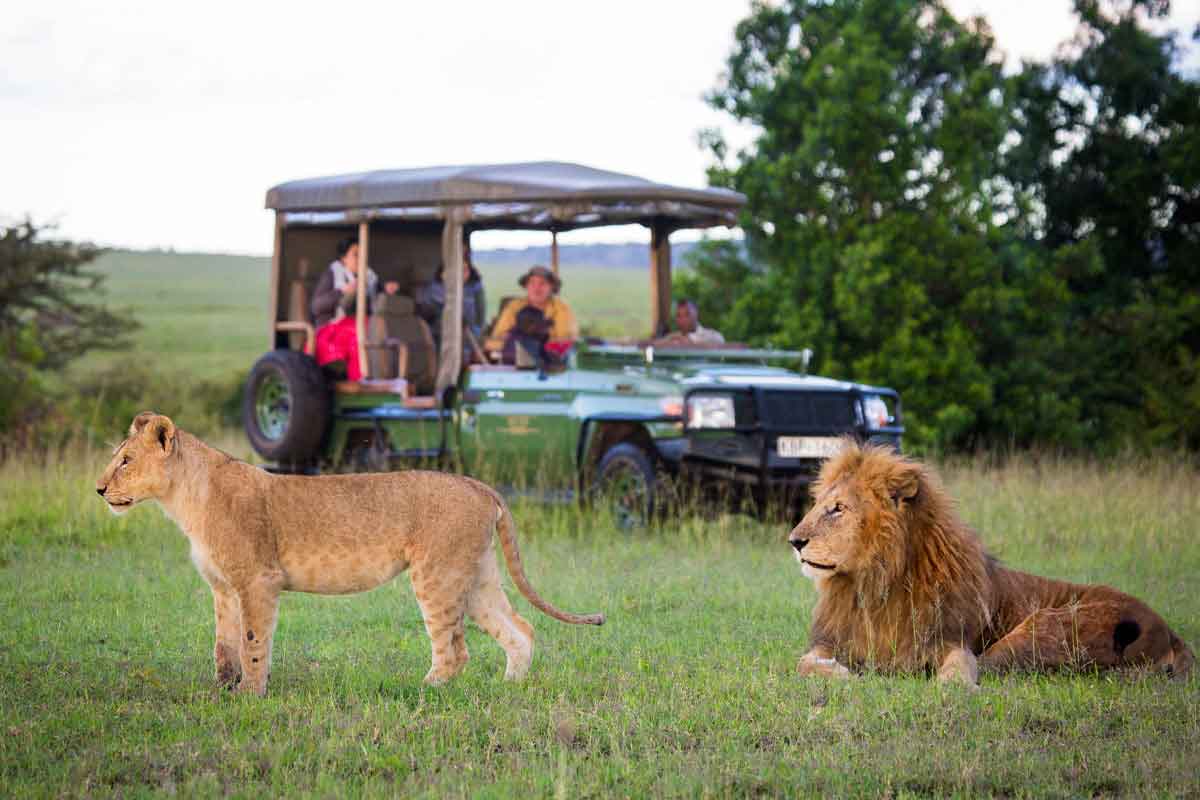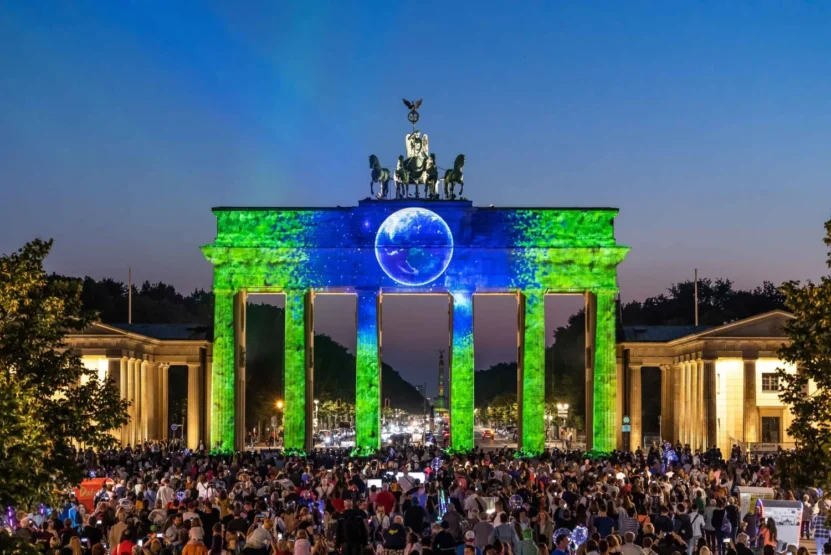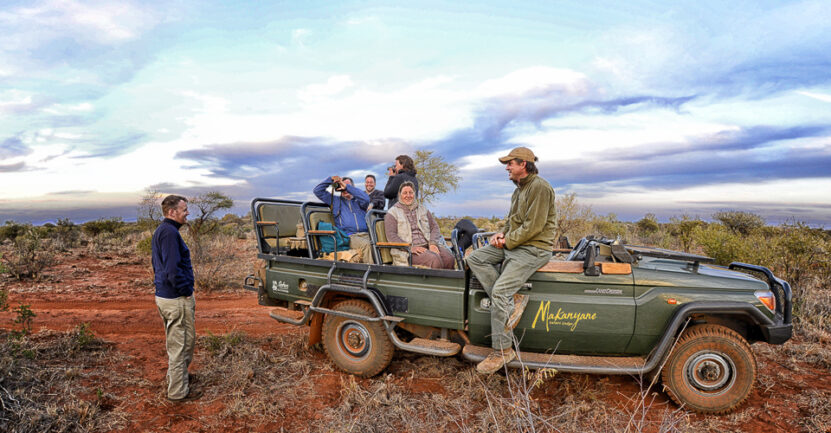A safari – the call of the wild, a time-honored passage to connect with nature’s exquisite spectacle – is a dream for many. Yet, identifying the optimal moment for this adventurous escapade often appears more challenging than spotting a leopard lounging on a tree branch. The secret lies in understanding diverse factors, from weather fluctuations and migratory patterns to accommodation accessibility and personal preferences. This comprehensive guide presents an exploration of these elements, aiming to ease your journey toward a perfect safari holiday.
Weather and Climate Considerations

Planning your safari should always begin by acknowledging the importance of regional weather patterns. Africa, the home of indigosafaris.com safaris, boasts a broad spectrum of climates – from the sun-scorched Kalahari Desert to the wetlands of the Okavango Delta. A rule of thumb for safari aficionados is to coincide their visits with the dry season. This period tends to yield better wildlife viewing opportunities as animals congregate around the few remaining water sources, enhancing your chances of unforgettable encounters.
Yet, bear in mind that these dry spells vary across regions. East Africa, encompassing Tanzania and Kenya, generally experiences its longest dry season from June to October. Conversely, Southern Africa, including Botswana and South Africa, typically welcomes its drier months between May and October. So, align your safari timetable with the dry cycles of your chosen destination to boost the success of your wildlife expedition.
Wildlife Migration Patterns
Keeping track of migratory patterns escalates your safari experience from merely exciting to downright awe-inspiring. During these periods, animals journey across landscapes in pursuit of food and water, creating one of nature’s grandest displays. The Great Migration in East Africa, for instance, sees over two million wildebeest, zebras, and gazelles traverse the Serengeti-Mara ecosystem, with the movement peaking between July and October.
The Kalahari Desert in Botswana plays host to the awe-inspiring zebra migration during December and April. The timing and direction of these migrations can sometimes fluctuate due to rainfall variations, yet local safari operators are well-versed in predicting the animals’ movements. It’s a performance of nature’s tenacity that, once witnessed, never loses its charm.
Peak Viewing Seasons for Different Animals
Each species has its peak viewing period, dictated by diverse factors like mating seasons, food availability, or birth cycles. For instance, the months between June and October in the Serengeti National Park provide prime opportunities for spotting lions, leopards, and cheetahs. This time is characterized by sparse vegetation and a scarcity of water, pushing these predators to frequent watering holes, where prey species congregate.
In the verdant plains of the Okavango Delta, the best period to see elephants, buffalos, and myriad bird species is during the flood season from May to October. This period presents a stunning spectacle of waterways brimming with wildlife, rewarding your patience with countless remarkable sightings. Thus, syncing your safari visit with your preferred species’ peak viewing season enhances the richness of your wildlife encounters.
Availability of Accommodation and Tour Packages

While embarking on a safari, securing the perfect lodging and tour package is as crucial as a trusty pair of binoculars. Many top-tier safari lodges and campsites get booked out quickly, especially during peak wildlife viewing periods. So, ensure you plan well in advance to secure a spot that fits your expectations and offers an optimal wildlife viewing experience.
Touring packages encompass everything from guided game drives to hot-air balloon trips. Remember that availability for these activities might be contingent on seasons and weather patterns. It’s essential to thoroughly research and book these experiences in advance to avoid disappointment and to ensure a seamless safari experience.
Budget Considerations
The financial aspect of your safari plan can influence everything, from your travel period to your accommodation choice. For those looking to economize, consider planning your journey during the shoulder season – the transitional phase between peak and off-peak periods. During these times, lodges often offer attractive discounts, and you still get a decent chance of excellent wildlife viewing.
For those with a more flexible budget, the peak season presents an unsurpassed wildlife spectacle, despite the higher costs. With the dry landscape enhancing visibility, it’s the time when Africa’s magnificent fauna takes center stage. However, it’s crucial to strike a balance that accommodates both your budgetary constraints and your aspirations for a spectacular safari experience.
Crowds and Tourist Season
As with any popular destination, safaris can get crowded during peak seasons. National parks can sometimes become bustling with visitors, potentially diminishing the sense of isolation and tranquility that’s intrinsic to the wilderness experience. For a more solitary experience, consider destinations or reserves that limit visitor numbers, such as Botswana’s private concessions or Zambia’s South Luangwa National Park.
But if your heart is set on more popular locations, remember that booking in advance, especially for top lodges and camps, ensures a degree of exclusivity. A skilled guide can also make a difference, using their expertise to escape the crowds and lead you to less-traveled regions for an unspoiled wildlife viewing experience.
Special Events and Festivals

Africa, rich in culture and traditions, offers a multitude of festivals and events that can add an extra layer of enjoyment to your safari trip. For example, in February, the shores of Lake Victoria in Tanzania come alive with the vibrant Sauti za Busara music festival. Or, you can time your visit with the mesmerizing Fez Festival of World Sacred Music in Morocco, held every June.
These events provide an opportunity to immerse yourself in local customs and traditions, offering a unique cultural complement to your wildlife expedition. So, it’s worth researching local events and incorporating them into your safari itinerary for a more enriching, holistic African experience.
Personal Preferences and Interests
Your personal preferences should play a substantial role in deciding when to embark on your safari trip. Are you an avid birder? Then you might want to visit during the nesting season. Or perhaps you are a photographer seeking to capture the ethereal African sunset, which would make the dry season ideal for you. Every individual will have unique expectations from their safari, so ensure your chosen time aligns with your interests.
Your level of adventure-readiness also matters. Some may prefer the predictability and comfort of the dry season, while others might find the unpredictability of the wet season, with its lush landscapes and newborn wildlife, more exciting. This is your journey into the wilderness – make sure it resonates with your inner explorer.
Final Ruminations: Your Safari, Your Story

As we return from our guide-driven journey, remember that your safari holiday’s perfection lies not in a universally accepted ideal, but rather in how well it aligns with your personal desires, interests, and expectations. Comprehend the climatic patterns, tune in with the rhythmic migrations, align with the peak viewing periods, secure your dream lodging, respect your budget, avoid the crowd rush, explore cultural extravaganzas, and stay true to your interests. In doing so, you’re more likely to hear the rhythm of the African drumbeat resonate with your heartbeat, making your safari not just a holiday but a narrative that’s uniquely yours.
